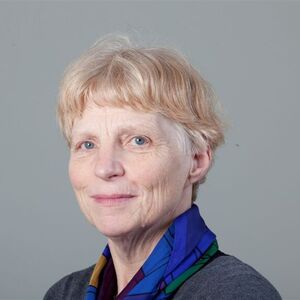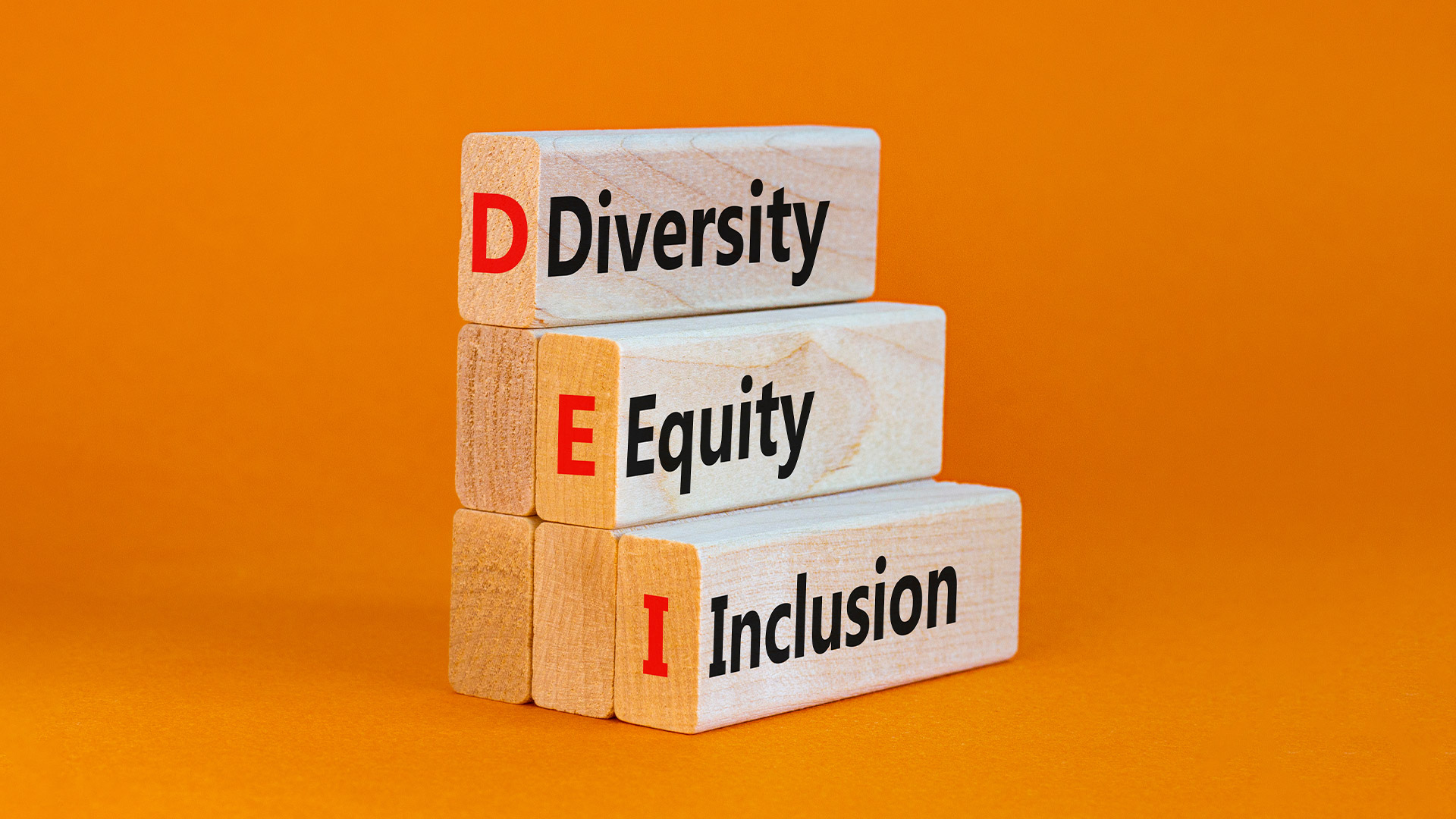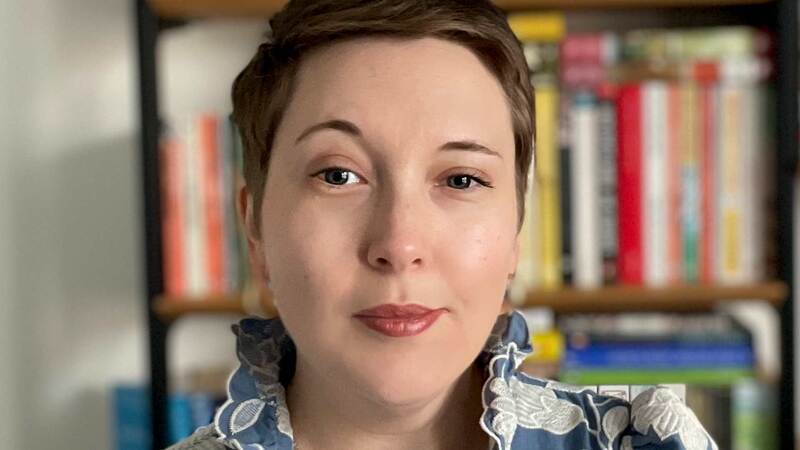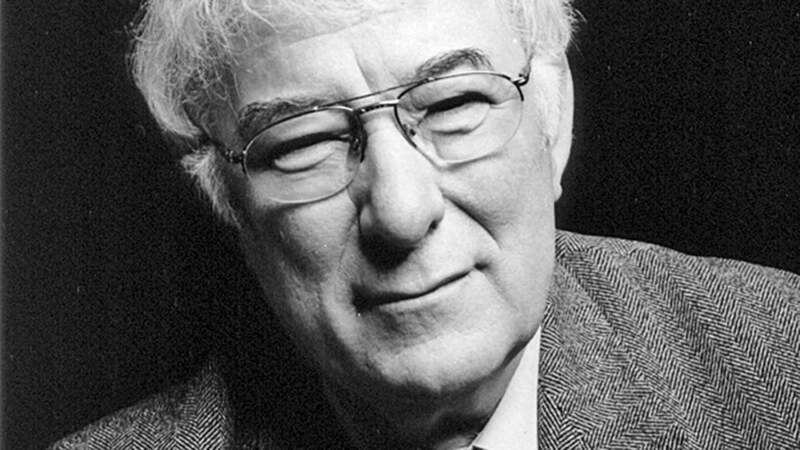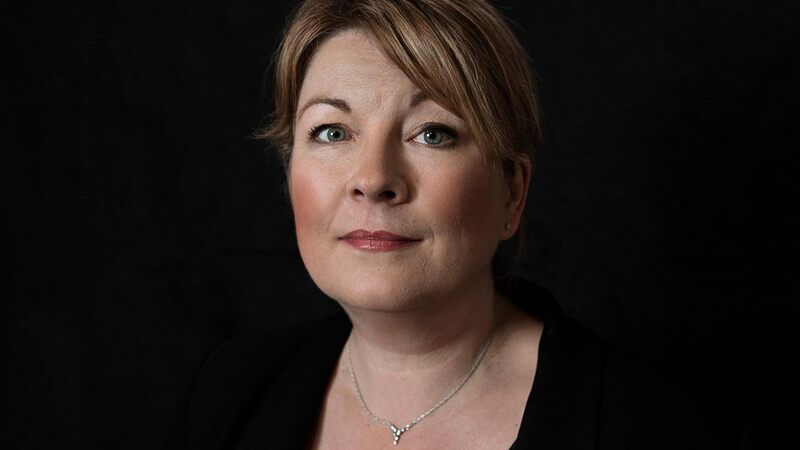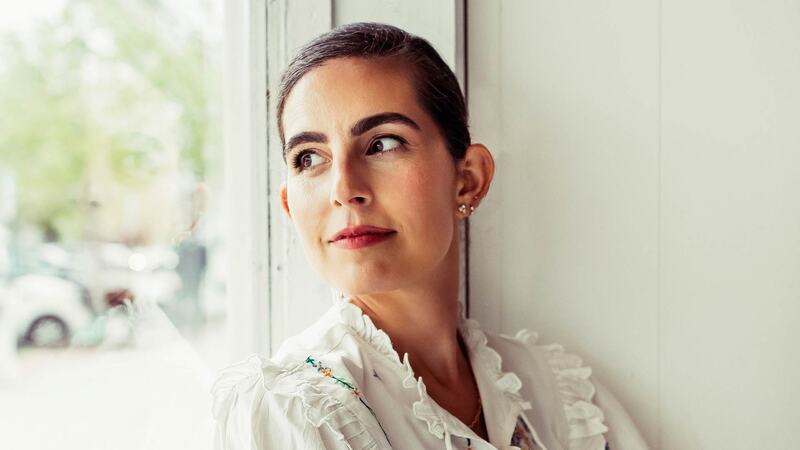You are viewing your 1 free article this month. Login to read more articles.
What the Branford Boase Award shortlist tells us about children's publishing now
Identity, emotional resilience and traditions with a twist all figure highly on the BBA shortlist, released this week.
Children’s publishing in the UK and US is usually slightly below the critical and commercial radar; though occasionally its quality and universal success bring it sharply into focus for all. But, whether it is noticed or not, what is published gives an insight into a generalised view of what we want childhood to be and what we want children to think about.
That is particularly true today. Along with other culture forms a dynamic strand of realism in children’s books is keeping pace with recent rapid changes in expectations and attitudes about identity, inclusivity, diversity and more. Children’s authors have energetically adopted new frames for their stories that reflect the dramatic effects of the two years of fractured society brought about by Covid-19 and by the radical shifts in thinking inspired by #MeToo and Black Lives Matter. While the dramas of children’s stories and the emotions that drive them remain easily recognisable, the places in which they happen and the characters who drive them are newly defined and energised.
The Branford Boase Award highlights the best new authors for children and the editors who have supported them and every year it discovers exciting newcomers. But this year, right across the submission list of debut authors for the award, it feels as if there is a bigger, more wholesale change taking place: the confidence of this year’s shortlisted authors and their editors in putting an increasingly wide range of stories into the hands of readers is exhilarating. It is a confidence that stems from publishers deliberate widening of their pool of authors combined with the authorial ambition of those authors. The result is freshly told stories which reflect the writers’ understanding of the needs of today’s readers and the certainty of authors and publishers that those readers want to read outside their own experiences.
While in every year there are important, ground-breaking books which capture the subtle domestic and internal changes of individuals and their families, as well as the louder and more obvious socio-political changes, there is something dramatic about those shifts in the books on this year’s BBA shortlist
Reading about the experiences of others has always been one strand of children’s books. Historical novels and fantasy have always served that well as have very many books which have reflected the increased diversity of UK society, the plight of children growing up in a world so adversely affected by climate change and, increasingly, the many stories from picture books to YA of migration. And then, and now, the success of all of these depend on skilful authors writing great stories that were entirely relevant to their readers.
But, while in every year there are important, ground-breaking books which capture the subtle domestic and internal changes of individuals and their families, as well as the louder and more obvious socio-political changes, there is something dramatic about those shifts in the books on this year’s BBA shortlist. Gathered together as a reflection of a year’s debut publishing, they celebrate how deliberately and successfully authors and editors have been in giving a fresh look to school, family, adventure and even fantasy children’s books.
In their different ways the eight books on the shortlist are all just doing what contemporary fiction should – be both windows and mirrors on life. Full of meaning but not over-weighted with message, they are written to be enjoyed.
Judging a whole publishing trend on the strength of a prize shortlist is inevitably partial but any "sorting" of books gives an indication of where publishers/authors are now and where they are heading, particularly in the case of the Branford Boase Award.
Individually, each of the shortlisted books is an addition to a familiar category of children’s story: there are family stories, represented by Danny Chung Does Not Do Maths, Maisie Chan’s funny, insightful story of an intergenerational Chinese family, and Ros Roberts’ Digger and Me, which explores a boy’s feelings of anger and isolation, including through his own poetry; stories of being or feeling different such as Helen Rutter’s The Boy Who Made Everyone Laugh, and Luke Palmer’s much darker book, Grow, a story about white working-class anger and radicalisation; historical fiction by Lesley Parr’s The Valley of Lost Secrets, a Second World War evacuee story which acknowledges community tensions that are as dangerous as the war; and two YA novels, Natasha Bowen’s Skin of the Sea, which dextrously reimagines The Little Mermaid by drawing on West African mythology and history and Femi Fadugba’s The Upper World, an ambitious sci-fi thriller with an authentic teenage voice set on the streets of south-east London, and which boldly blends theoretical physics with an all-too-human tragedy. Collectively, they show that best traditions of children’s books can be vibrantly adapted for every new audience by authors who understand the importance of relevance.
Now more than ever, editors have the opportunity to promote as wide a range of authors as possible. And they are to be applauded for having done so. It has given these debut authors their chance to engage new readers, and old ones too, with their stories. Sometimes challenging of previous forms, sometimes gently nudging a familiar theme onwards and sometimes just seamlessly adding to what is known, debut novelists are without "brand" or expectation. It gives them the freedom to write the story that they feel most needs to be written. We applaud them all for doing so.
